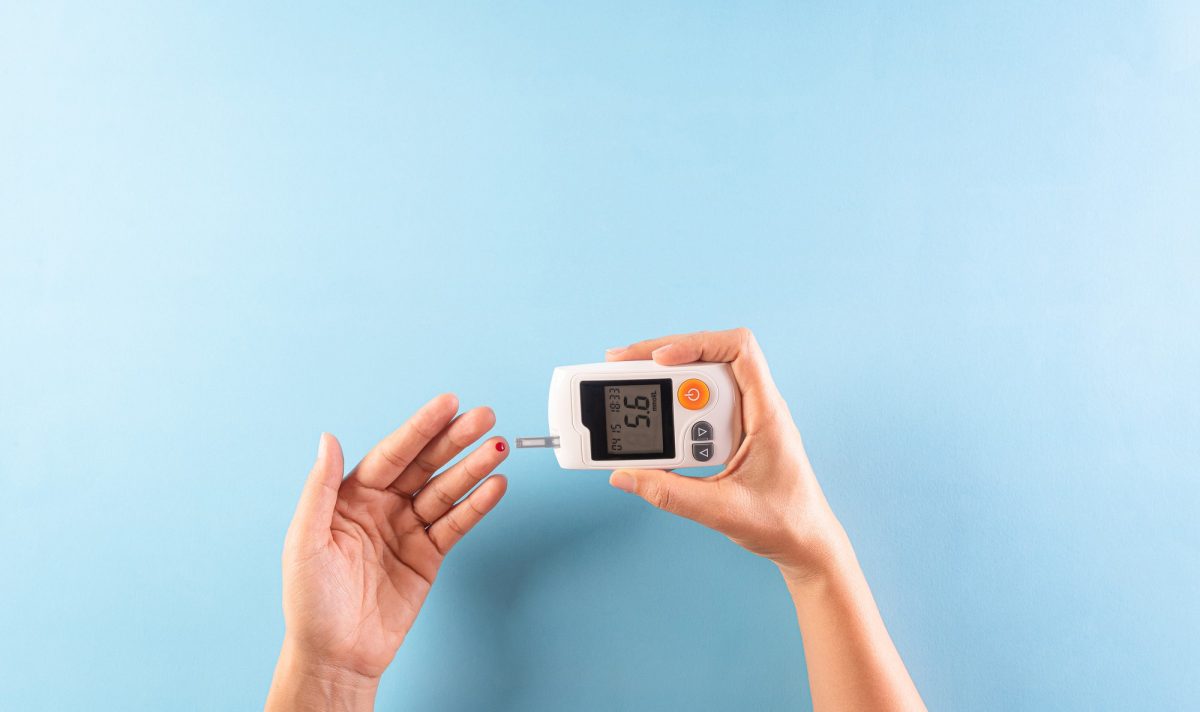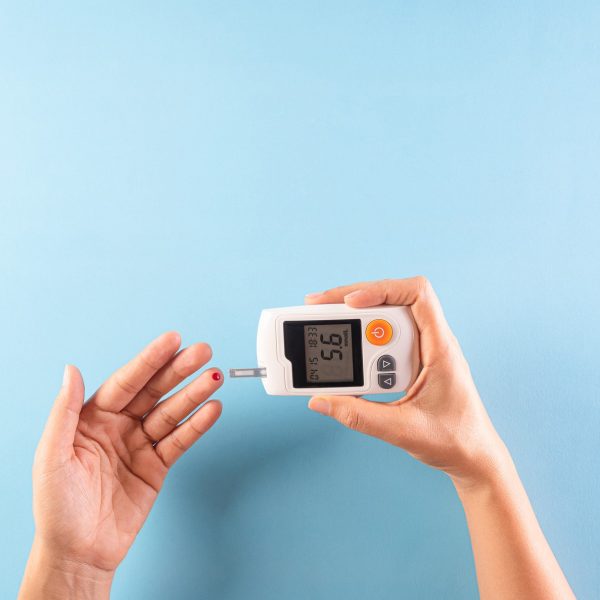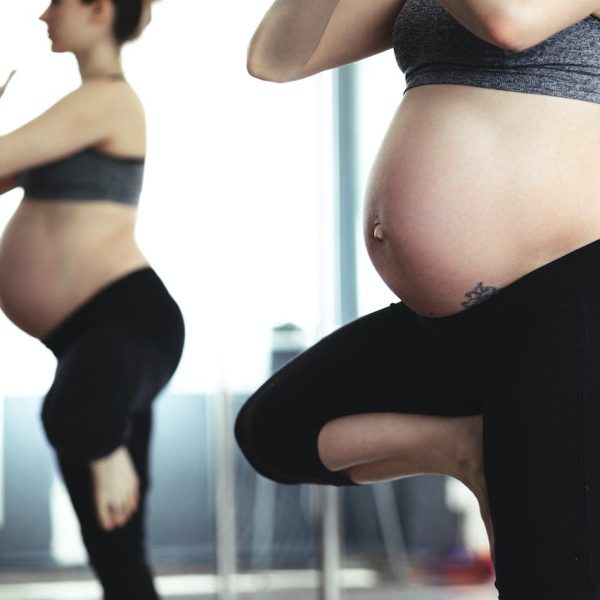Gestational diabetes is a type of diabetes that affects women during pregnancy. It usually develops in the second or third trimester and goes away after delivery. However, if left untreated, it can have serious consequences for both the mother and the baby. In this blog post, we will focus on how gestational diabetes affects a baby.
Gestational diabetes occurs when the body cannot produce enough insulin to regulate blood sugar levels during pregnancy. As a result, the mother’s blood sugar levels become too high, which can affect the baby’s growth and development. Here are some of the ways in which gestational diabetes can affect a baby:
Macrosomia
One of the most common complications of gestational diabetes is macrosomia, which is a medical term for a baby who is larger than normal. Babies with macrosomia weigh more than 8 pounds, 13 ounces (4,000 grams) at birth. This can make delivery difficult and increase the risk of injuries to both the mother and the baby. In some cases, a cesarean section may be necessary to deliver the baby safely.
Hypoglycemia
Another complication of gestational diabetes is hypoglycemia, which is a condition where the baby’s blood sugar levels drop too low. This can happen shortly after birth, as the baby’s body tries to adjust to the sudden drop in glucose levels. Symptoms of hypoglycemia in a baby include jitteriness, lethargy, and difficulty feeding. If left untreated, hypoglycemia can cause seizures and other serious complications.

Respiratory distress syndrome
Babies born to mothers with gestational diabetes are also at a higher risk of developing respiratory distress syndrome (RDS). RDS is a condition where the baby’s lungs do not function properly, making it difficult for them to breathe. This is because the baby’s lungs may not have fully developed or may have extra fluid in them. RDS can be life-threatening if not treated promptly.
Jaundice
Jaundice is a common condition in newborns, where the skin and eyes appear yellow due to a buildup of bilirubin in the blood. Babies born to mothers with gestational diabetes are more likely to develop jaundice than babies born to mothers without the condition. This is because high blood sugar levels can damage the baby’s liver, which is responsible for processing bilirubin.
Type 2 diabetes
Babies born to mothers with gestational diabetes are also at a higher risk of developing type 2 diabetes later in life. This is because they have been exposed to high levels of glucose in the womb, which can affect their insulin sensitivity. Studies have shown that children of mothers with gestational diabetes are up to six times more likely to develop type 2 diabetes than children of mothers without the condition.
To reduce the risk of these complications, it is important for women with gestational diabetes to manage their blood sugar levels carefully. This typically involves monitoring blood glucose levels regularly, following a healthy diet, getting regular exercise, and taking medication if necessary.
In some cases, women with gestational diabetes may also need insulin therapy to manage their blood sugar levels. Insulin is a hormone that helps the body regulate glucose levels, and it can be given through injections or an insulin pump. Women who require insulin therapy during pregnancy may also need to continue taking it after delivery to manage their diabetes.
Read more: Types of Exercises for Pregnancy
Conclusion
In conclusion, gestational diabetes can have serious consequences for both the mother and the baby. Babies born to mothers with gestational diabetes are at a higher risk of developing complications such as macrosomia, hypoglycemia, respiratory distress syndrome, jaundice, and type 2 diabetes later in life.
Read more: Healthy Habits to Form During Pregnancy


Thank you for submitting your details.
We will share the pdf on your email. 😁
We will share the pdf on your WhatsApp. 😁
We will share the pdf on your WhatsApp
& email. 😁

























Share this article